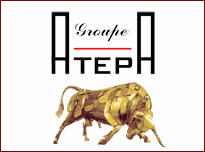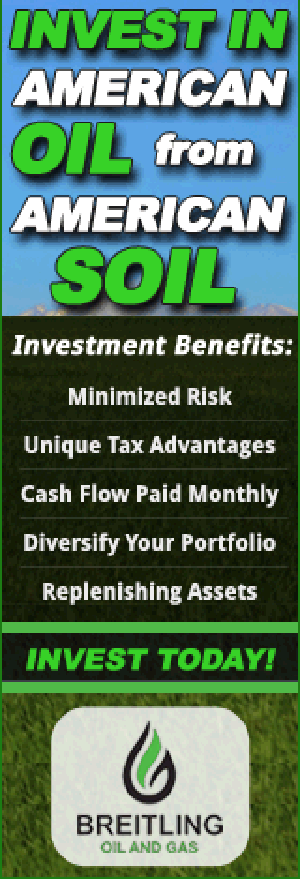Algeria: I am calling for the rational use of amount available energy sources.
2012/12/19
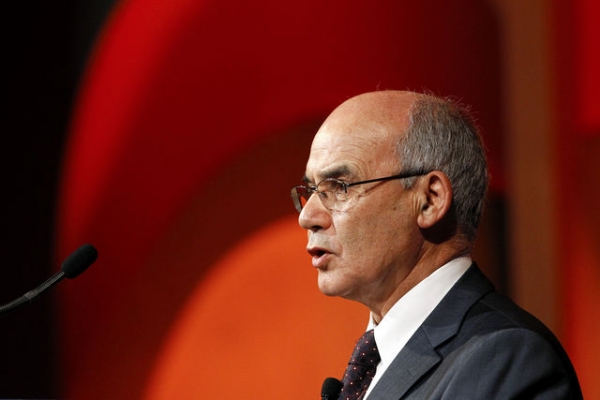
Located beneath the Sahara Desert in the eastern part of the country, Algeria’s proven oil reserves are the third major in Africa – an estimated 12 billion-plus barrels of exceptionally high quality crude.
Algeria is part the world’s top ten oil producers, with the United States and Europe its biggest customers. It is as well of the world’s major producers and exporters – mainly to Europe – of natural gas, and a major exporter of crude and liquefied natural gas.
Oil and gas production is vital to the Algerian economy, accounting for 97 % of foreign exchange earnings, 60 % of government revenues and 30 % of GDP. It provides the country with a reliable and long-term source of energy, and contributes towards its industrialisation and economic diversification.
Algeria’s output of crude should rise from approximately 2,083,000 barrels per day (b/d) in 2011 to 2,654,000 in 2021.
Production will be boosted by new projects coming on stream, and by increased output and enhanced recovery rates at existing fields.
“New oil fields are expected to enter into production by the end of 2012 and early 2013 that will enable Algeria to increase its output capacities,” says Youcef Yousfi, Minister of Energy and Mines.
He emphasises the importance of planning for the next. “When we think about energy we must always think about the very long term – 30, 40, 50 years ahead. The golden policy for the oil or the gas industry is to discover reserves that are equivalent to those being depleted. We are intensifying exploration efforts.”
The country's major fields are in the Hassi Messaoud and Berkine basins. Discoveries made in the Berkine basin led to a significant rise in production levels after 2003, but analysts say that without further new discoveries, reserves could peak this decade.
Concerned about ensuring the long-term security of energy supply, the Algerian authorities are considering how best to woo new international partners and give a boost to upstream activity.
In addition to discovering new fields, they are as well interested in offshore production and in exploiting unconventional oil and gas reserves, such as shale gas, for which Algeria needs the help of companies equipped with the new technological know-how.
Investors will pay close attention to amendments to the hydrocarbons law, which Mr Yousfi says will be introduced before the end of the year. According to the BMI: “The next version of the national hydrocarbons law is expected to improve the regulatory environment across the oil and gas sector.”
The new law could include changes to the way taxes are levied on energy projects, with foreign companies paying tax on profits rather than turnover, although this would only apply to new, high-risk projects.
of the world’s major oil companies, Sonatrach last year increased the price of its exports of oil and gas by 27 % to $71.5 billion (£45.6 billion). The company, which, accounts for 60 % of Algeria’s oil output, posted a net profit of DZD 767 billion (£6.25 billion), compared with DZD 706 billion in 2010.
Sonatrach recently revealed plans to invest $68.2 billion over the next years. Abdelhamid Zerguine, CEO of Sonatrach, says most of the money will be invested in hydrocarbons exploration and production.
According to the CEO, Algeria’s hydrocarbon reserves are evaluated at 4 billion tons of oil equivalent (toe). The provisional exploration plan “should provide the primary production of oil up to 234 million toe in 2016.”
Mr Zerguine has been reported as saying that production of shale gas – a vast untapped resource – could start within three years.
According to Mr Yousfi, Algeria’s shale gas potential equals that of the United States, with possibly up to 1,000 trillion cubic feet of natural gas trapped additional than 1,000 metres below the surface.
He acknowledges that help from foreign companies will be needed to extract the gas, a process requiring the high pressure injection of water, sand and chemicals into the sedimentary rock.
The Minister says: “We have considerable unconventional resources of hydrocarbons, and we are working on evaluating them. If the project is technically and economically workable, we will start producing conventional and unconventional hydrocarbons. I am calling for the rational use of amount available energy sources.”
As for offshore production, it is geologically additional challenging in Algeria than in neighbouring Tunisia or Libya. The Minister says: “We are evaluating the potential now, but here it is different from what is happening in Tunisia and Libya. We are up against deepwater conditions because our continental shelf is very narrow and it immerses immediately.” In terms of infrastructure, Mr Yousfi recently announced a $10 billion investment in new refineries. On completion, they would raise Algeria’s current annual oil refining capacity from around 26 million tons to 30 million tons.
- Comments
- Related Articles
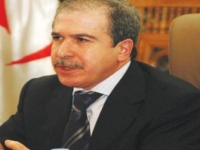
Wali (Governor) M. Mohamed Kebir Addou
2013/06/23 Algiers is the capital city of Algeria in North Africa. Algiers is located on a bay of the Mediterranean Sea and is an significant port. Algiers was prime settled over 1000 years ago and has presently grown to a large city with a metropolitan people of over 3 million.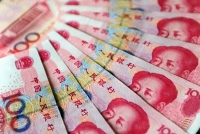
Renminbi set to internationalise further in Africa
2013/06/20 Just over two years since its began its process of internationalisation, China’s renminbi is well on its way to becoming a world currency. Trade redenomination into renminbi has taken place everywhere from Malaysia to the Middle East, although the process is still in its early stages across Africa. But growing trade ties between China and Africa will drive a rapid uptick in the use of the renminbi on the continent, particularly in trade settlement, according to Standard Chartered.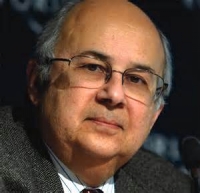
Raising the bar on agricultural innovation
2013/04/13 Technological innovation, particularly in mobile, will be critical to improving agricultural productivity, but R&D funding must be ramped up next years of neglect At the same time as Ismail Serageldin, director of the Library of Alexandria, told the World Intellectual Property Organisation (WIPO) that world people increase meant food production would have to increase by 70 % by 2050, using the same amount of water, he identified agricultural innovation as the key to solving the problem.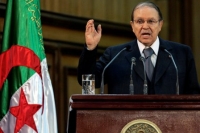
President Abdelaziz Bouteflika
2012/12/19 The President of Algeria is sworn in inside the Presidential Palace in Algiers. He reads the oath of office while placing one hand on the Koran.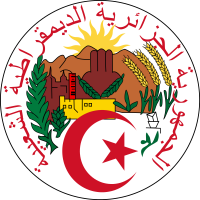
Algeria Outlook for 2013-17
2012/12/19 The country (Algeria) is situated in Northern Africa and bordering the Mediterranean Sea, between Morocco and Tunisia. it has borders with Western Sahara for 42km, , Morocco for 1559km, Libya for 982km Mali for 1376km, Mauritania for 463km, Niger for 956km and Tunisia for 965km. The Land in Algeria is usually with high plateau and desert and some mountains, narrow, with discontinuous coastal plain. The Algerian land covers an area of 2 381 740 km². The climate is arid to semiarid and mild with wet winters and with hot and dry summers along coast. Drier with cold winters and hot summers on high plateau with the sirocco who is a hot, dust/sand-laden wind particularly common in summer. Algerian(s) speak Arabic (official), French, Berber dialects. OVERVIEW The third term of the president, Abdelaziz Bouteflika, expires in 2014. There is no clear indication of who his successor will be, but it is likely to be a figure from the political establishment, ensuring a degree of policy continuity. Social unrest will be a preoccupation of the authorities in 2013-17, but we do not expect the government to fall or protests to build critical momentum. The threat from Islamist militants has flared up again following an attack on a natural gas facility, but we do not expect it to pose a danger to in general political stability.
- Algeria News
-
- CHINA: China signs deal to produce 10,000 vehicles per year in Algeria
- ALGIERS: Sonelgaz will spend 1.5 billion dollars
- SERBIA: Serbia and Algeria to develop economic cooperation
- ALGERIA: Major investment in council housing in Algeria
- ALGIERS: Algeria plans industrial zones
- ALGIERS: Algeria: President Reshuffles Cabinet
- Trending Articles
-
- UNITED STATES: Oil and gas companies will face a tougher regulatory regime in the United States
- EGYPT: Egypt’s Prime Minister Hazem el-Beblawi
- KUWAIT: Kuwait's Emir Sheikh Sabah al-Ahmad Al-Sabah
- SOUTH AFRICA: South African aid group to assist Philippines
- GHANA: Government Promotes Science and Technology in Ghana
- FINLAND: Finland's unemployment rate


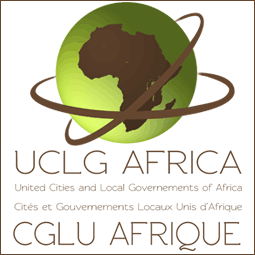
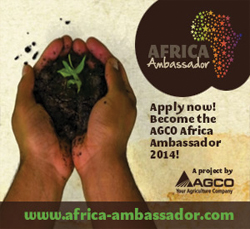

.gif?1356023993)
.gif2_.gif?1356029657)

